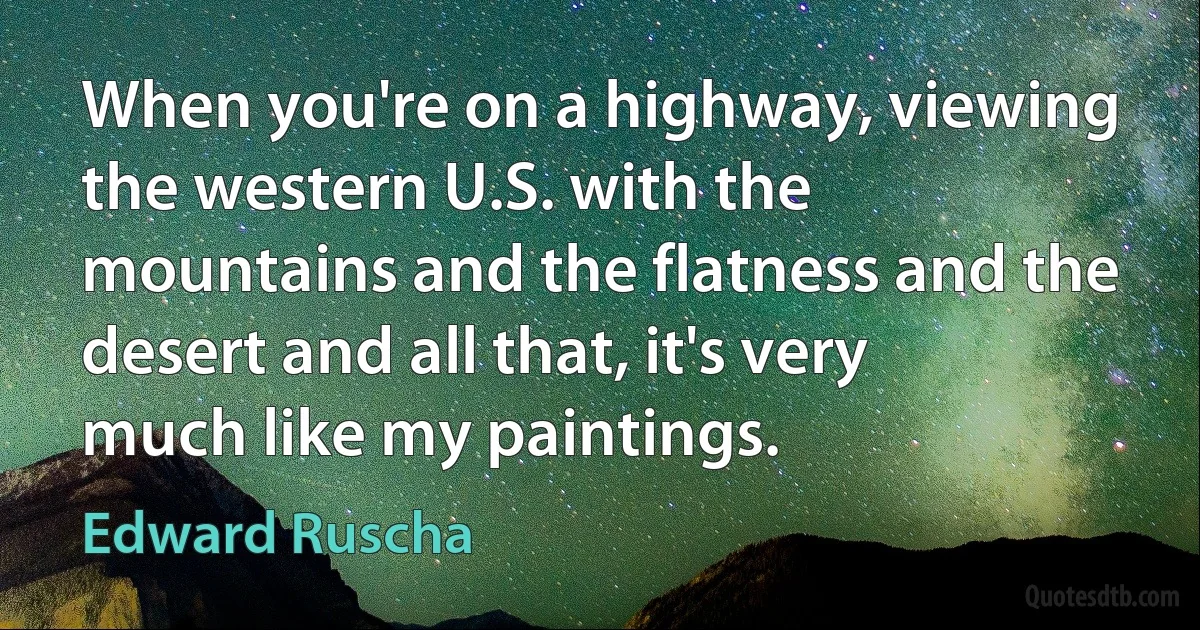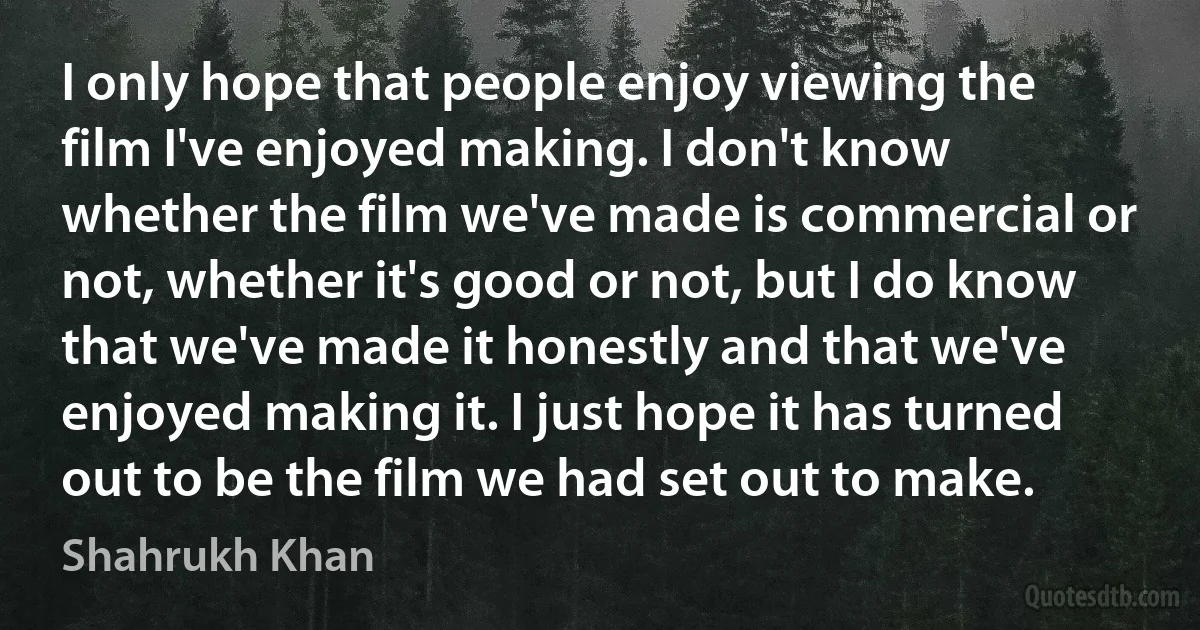Viewing Quotes - page 3
He remembered how the night dew had fallen upon him,-how the dark forest had whispered to him,-how the stars had gleamed upon him,-a simple and loving man, watching his fire in the years gone by, and ever musing as it burned. He remembered with what tenderness, with what love and sympathy for mankind, and what pity for human guilt and woe, he had first begun to contemplate those ideas which afterwards became the inspiration of his life; with what reverence he had then looked into the heart of man, viewing it as a temple originally divine, and, however desecrated, still to be held as sacred to a brother; with what awful fear he had deprecated the success of his pursuit, and prayed that the Unpardonable Sin might never be revealed to him. Then ensued the base intellectual development which, in its progress, disturbed the counterpoise between his mind and heart.

Nathaniel Hawthorne
Perhaps I never truly understood the term "torture porn" until watching this movie. The various demented killings, maimings, and other assorted indignities performed upon characters (most of them comely women) are designed with one objective in mind: to get people off. Make no mistake about it - this is masturbation material for those who enjoy this sort of thing. ... Watching Captivity is like observing a 45-minute psychological rape. Rarely have I found myself so uncomfortable viewing anything over such an extended period of time. There's nothing redeemable here. It's not tense or scary; it's just demented - Directed by Roland Joffé.

James Berardinelli
As absurd as it might sound, there's a strange synergy between very bad movies and very good ones. That's because films on either extreme of the quality scale have the ability to burrow deep into the subconscious, with unpredictable and occasionally remarkable results. Great works of art can cause euphoria, touch a deep emotional chord, or, in rare cases, affect fundamental changes in a person's outlook on life. Conversely, viewing unwatchable tripe can be damaging, possibly resulting in psychotic episodes, an appreciation of '70s fashion, or leaping to the defense of Pauly Shore. There's something almost profound about enduring a horrifically inept piece of cinema, and Coyote Ugly, living up to every letter in its name, offers the opportunity for such an experience.

James Berardinelli
From the earliest days of my pupilage to art I had been instinctively drawn towards the paintings of Turner, Corot, Constable, Bonington, and Watts, with an intense admiration for their manner in viewing, and methods of re-creating, nature upon their canvases; and in later years I had been fascinated by the works of more modern artists, such as La Thangue, George Clausen, Edward Stott, and Robert Meyerheim.

Wynford Dewhurst
I am doubtful myself about the undertaking. Part of the attraction of the L. R. is, I think, due to the glimpses of a large history in the background: an attraction like that of viewing far off an unvisited island, or seeing the towers of a distant city gleaming in a sunlit mist. To go there is to destroy the magic, unless new unattainable vistas are again revealed. Also many of the older legends are purely 'mythological', and nearly all are grim and tragic: a long account of the disasters that destroyed the beauty of the Ancient World, from the darkening of Valinor to the Downfall of Númenor and the flight of Elendil.

J. R. R. Tolkien
The Confucian aspirant to office, stemming from the old tradition, could hardly help viewing a specialized, professional training of European stamp as anything but a conditioning in the dirtiest Philistinism. ... The fundamental assertion, ‘a cultured man is not a tool' meant that he was an end in himself and not just a means for a specified useful purpose.

Max Weber
The point is that no matter what you choose to do with your body when you die, it won't, ultimately, be very appealing. If you are inclined to donate yourself to science, you should not let images of dissection or dismemberment put you off. They are no more or less gruesome, in my opinion, than ordinary decay or the sewing shut of your jaws via your nostrils for a funeral viewing.

Mary Roach
After viewing a few paintings and a drawing that I had brought in the day before yesterday, Mr. v. d. Kellen [Dutch art-dealer] assured me that there was absolutely no chance of placing anything of mine here, unless it was bought under pressure of a pleasant future, and I think he is right because he showed me various paintings, and specifically those that were closest to my understanding of art were the most difficult to place... I was astounded and furious about such far-reaching stupidity and the pedantry of the man [another art dealer, Herman Deichmann]. All the paintings present were beneath criticism, they were just the usual German Academic-stuff.

George Hendrik Breitner
It is not rejection itself that people fear, it is the possible consequences of rejection. Preparing to accept those consequences and viewing rejection as a learning experience that will bring you closer to success, will not only help you to conquer the fear of rejection, but help you to appreciate rejection itself.

Bo Bennett
In the following work, I have endeavoured to exhibit the full extent of the Military and Naval Forces which the government of Great Britain can bring into the field, or launch upon the ocean. I have likewise described the connection of these forces with the government of the country, and also the discipline usually exercised in order to produce a hardihood in battle, invulnerable to fear and unassailable by cowardice. My observations on these subjects were derived from a residence of five years in England; during which time I was constantly employed in visiting and viewing every object and institution worthy of notice relative to the British Army and Navy.

Charles Dupin
The Dutch Company, actuated solely by the spirit of gain, and viewing their [Javan] subjects, with less regard or consideration than a West India planter formerly viewed a gang upon his estate, because the latter had paid the purchase money of human property, which the other had not, employed all the existing machinery of despotism to squeeze from the people their utmost mite of contribution, the last dregs of their labor, and thus aggravated the evils of a capricious and semi-barbarous Government, by working it with all the practised ingenuity of politicians, and all the monopolizing selfishness of traders.

Stamford Raffles
Television viewing has become for me a completely different experience, because I don't watch shows on a weekly basis. I wait until the DVD or I TiVo everything and wait until the end of a season and watch it all over a weekend. For me that's a really satisfying experience, like reading a book.

Alan Ball



